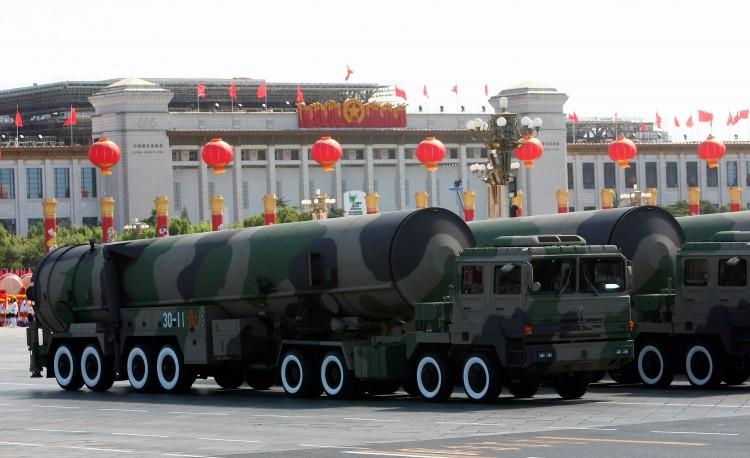Nuclear weapons are “becoming more important” than they have been since the height of the Cold War, the House of Lords’ International Relations and Defence Committee has been told.
Andrew Futter, a professor of international politics at the University of Leicester, told peers on May 17: “China’s stockpile is probably around 300 or 400, that’s the best we can guess. But there is a fear that that could be quite rapidly expanded so it would come close to U.S. or Russian stockpiles. U.S. and Russian stockpiles are around about 5,000, although of those only a much smaller amount are deployed.”





